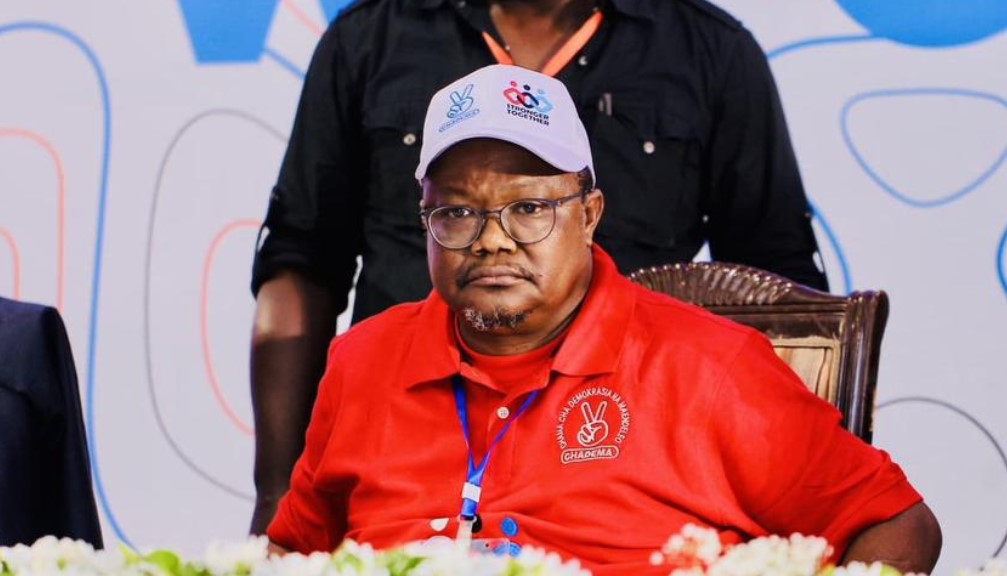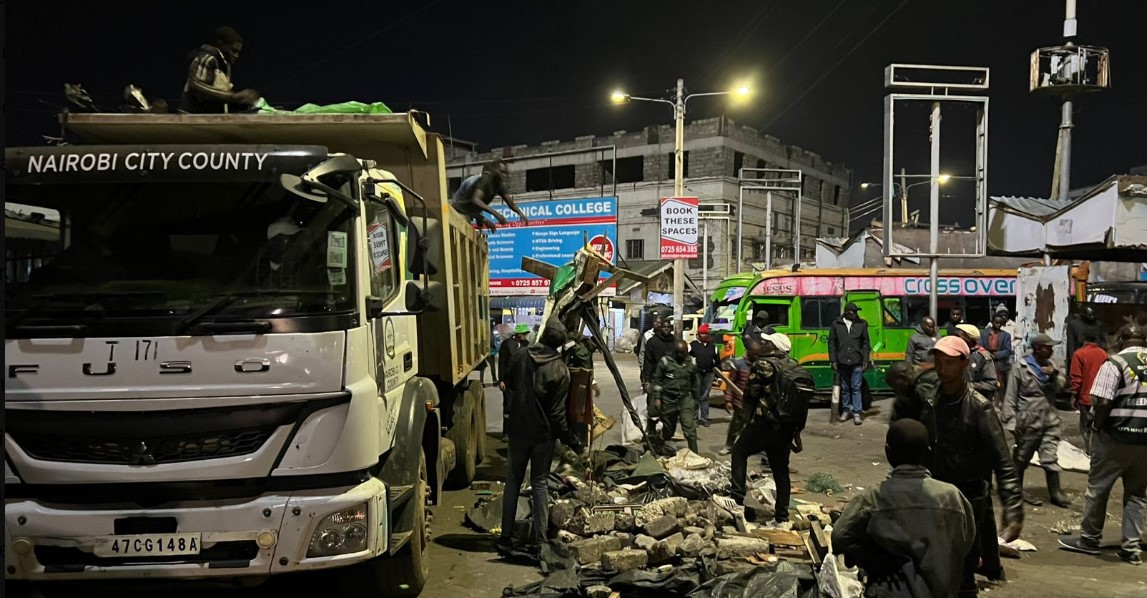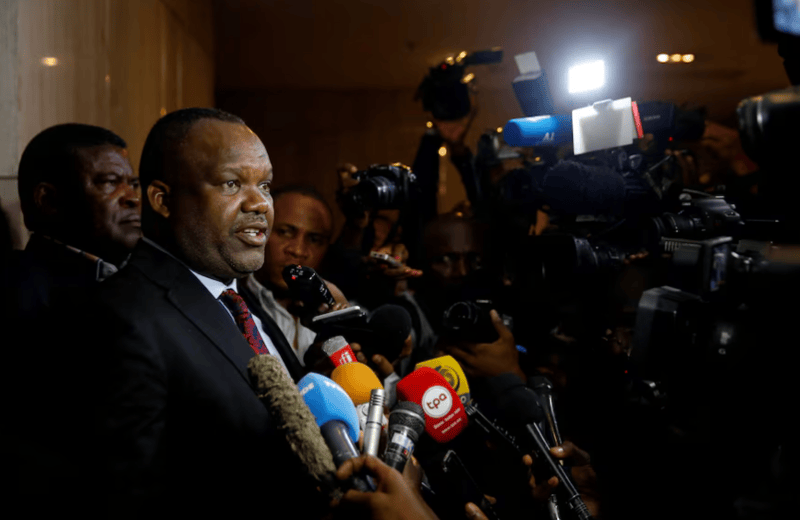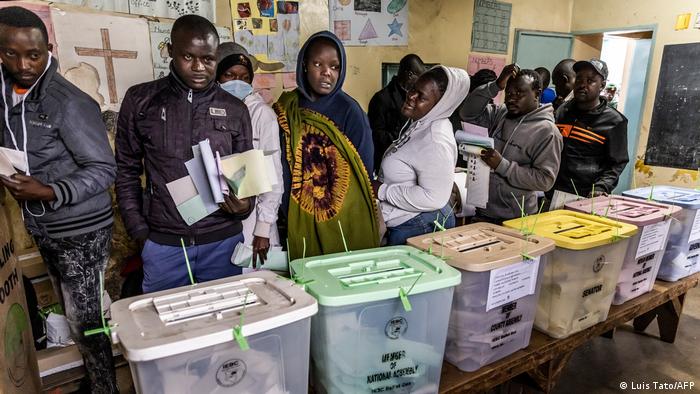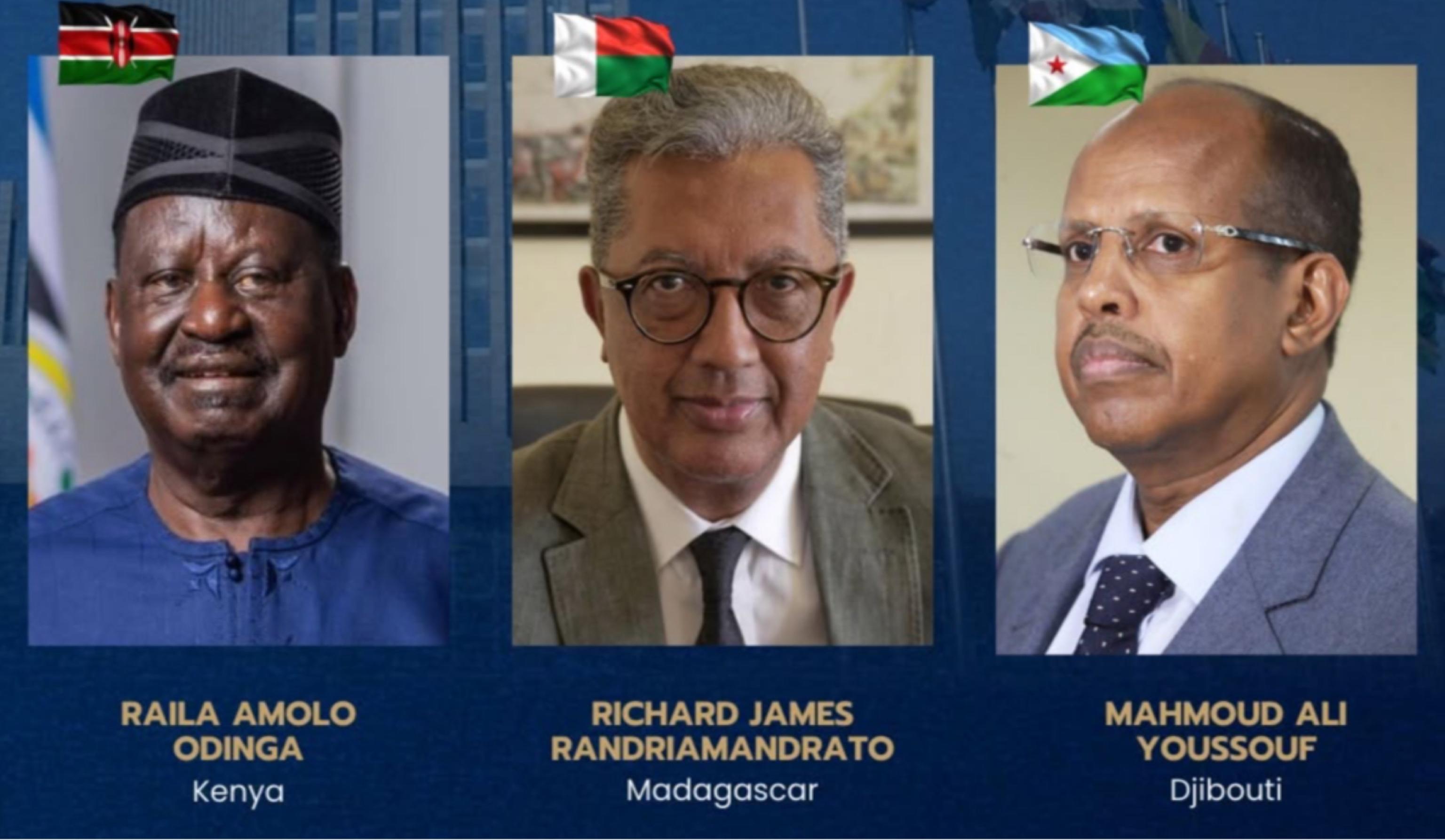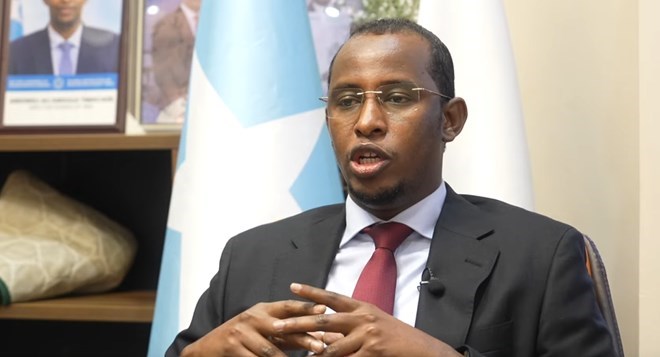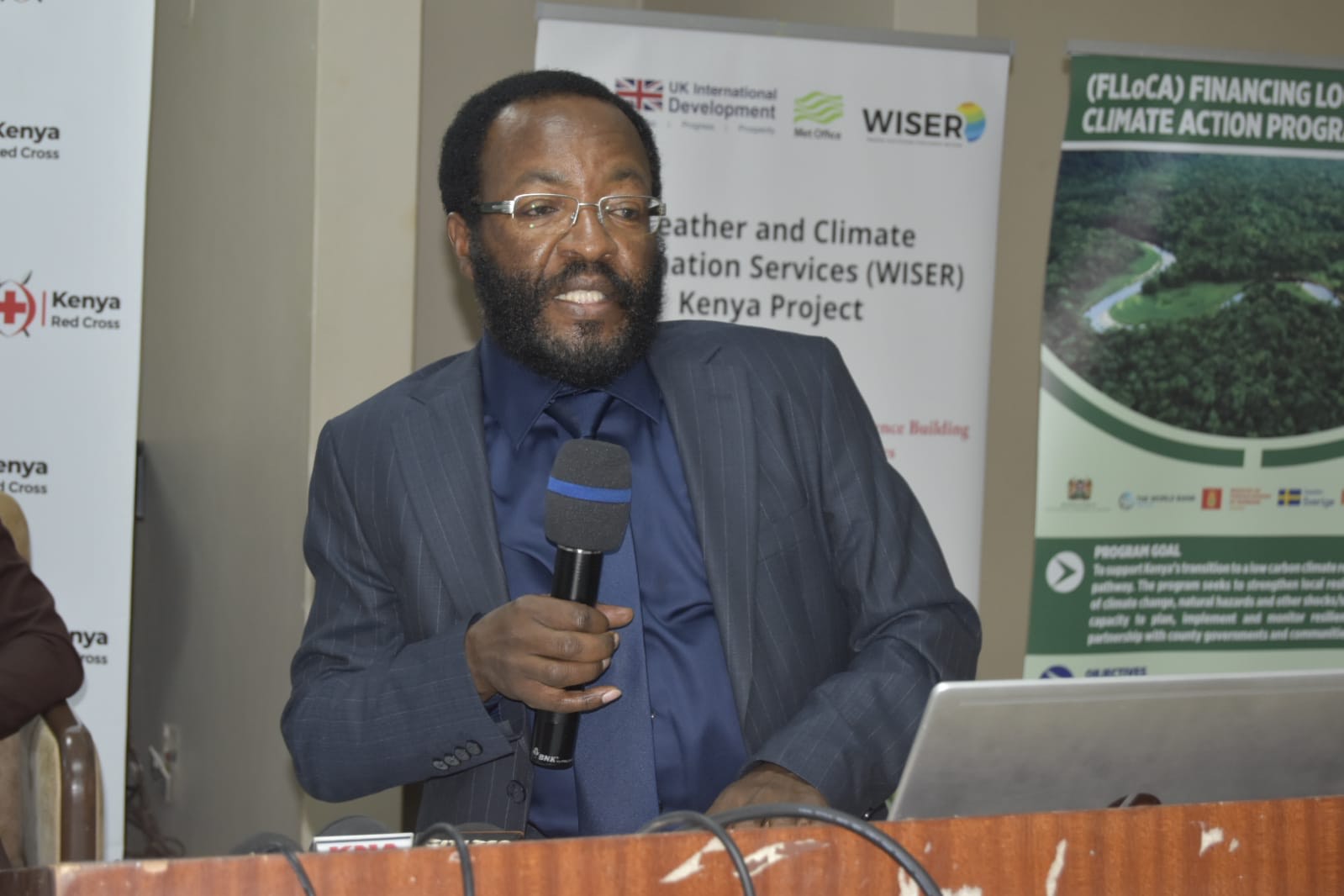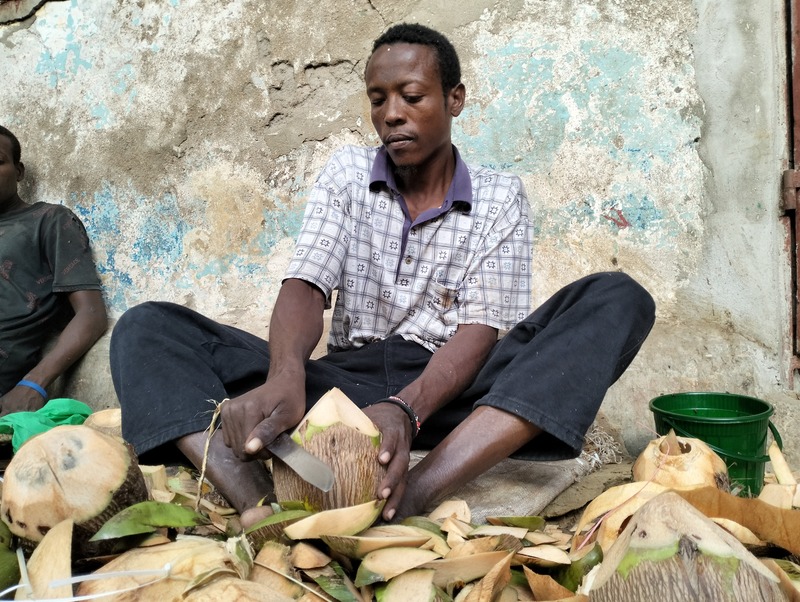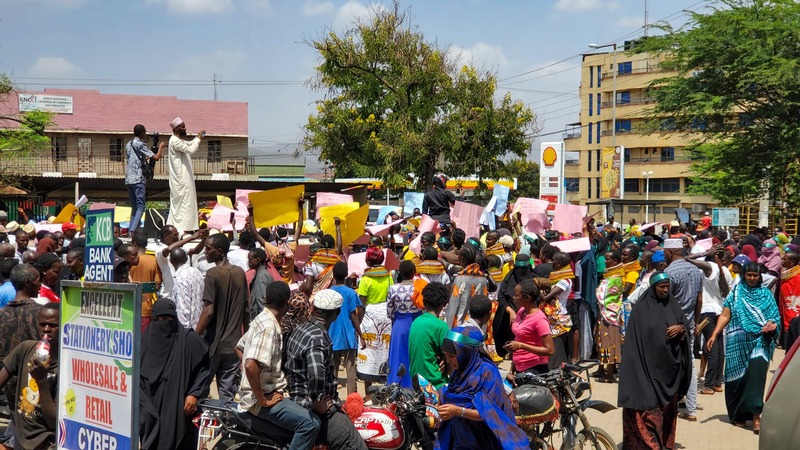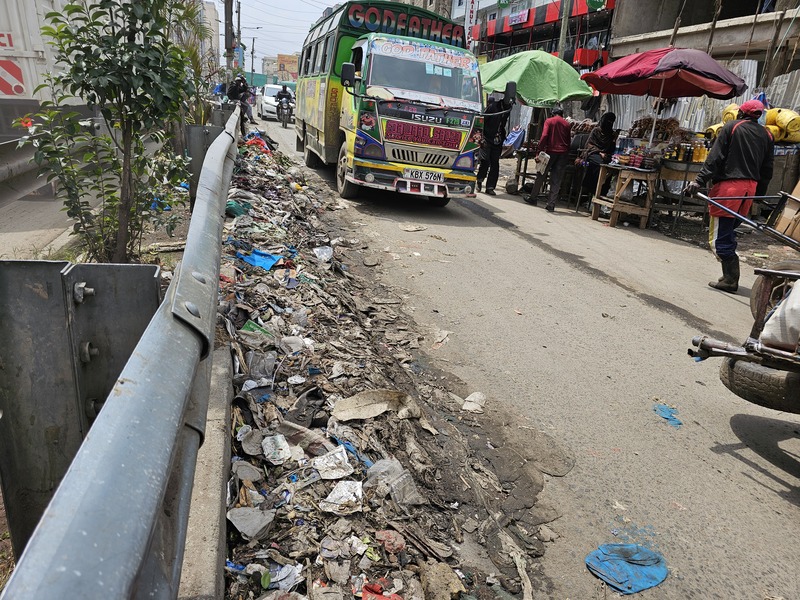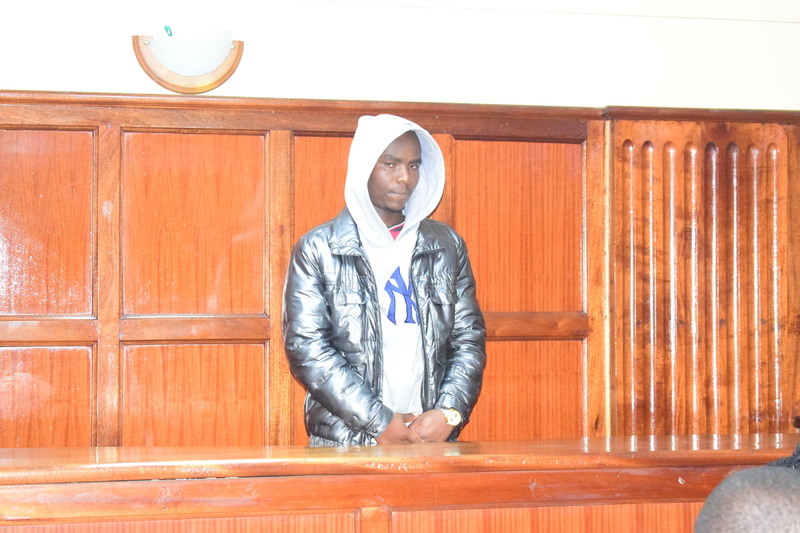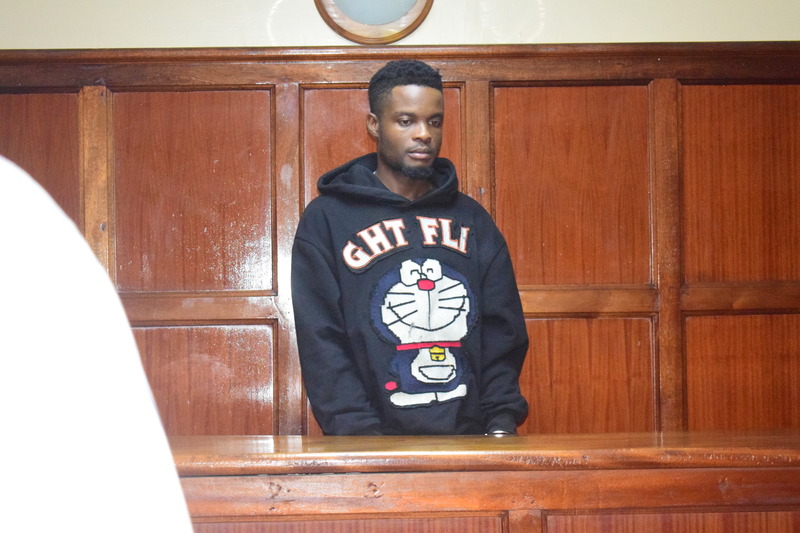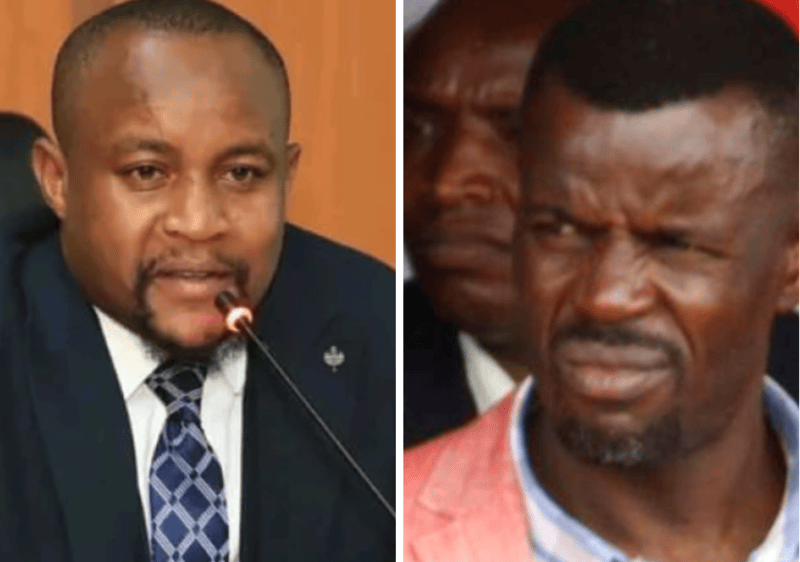Ruto urges military graduates to brace for AI, climate change and other diverse threats
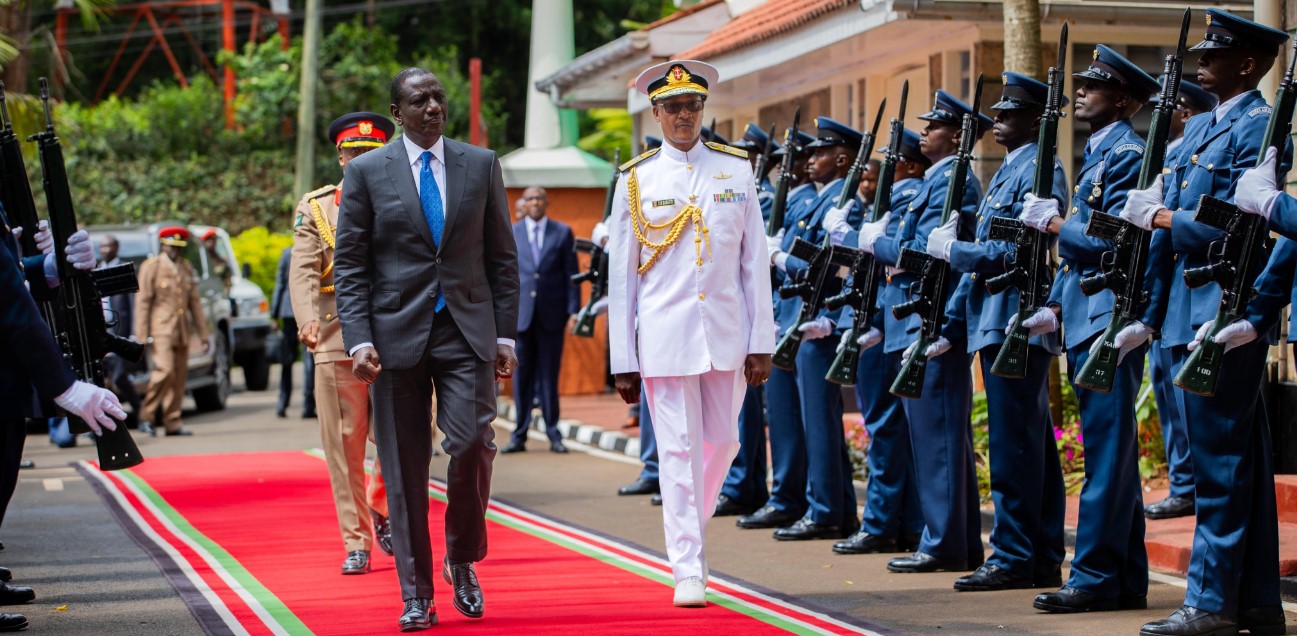
He emphasised that the world is moving away from a traditional understanding of security and threats as hostile armed parties that attack physically to groups that can organise and deploy internally and globally at other, more insidious levels.
President William Ruto has urged military graduates to brace for more threats as the world advances.
Ruto, while speaking at the graduation ceremony at the National Defence College in Karen, Nairobi, added that Kenya’s national security and defence apparatus has already embraced a multi-disciplinary posture to enable the graduates to adjust and settle in well.
More To Read
- Geopolitical tensions and adoption of AI top key threats to cyber security, global report warns
- Workers must sharpen soft skills to thrive in the age of AI - lobby
- Over 100 cyber attacks targeting key government infrastructure recorded in eight months
- President Ruto champions use of AI to enhance public service delivery
“We have come a long way from the old formulation of security as the protection of persons and property from violent injury or destruction, which defined security principally in terms of the absence of such threats.
“Consequently, we now appreciate the implications of food security, economic security, social security, water security, and ecological security as intrinsic components of a proper understanding of security. Crises in many sectors can breed security threats, while emergencies like flooding, wildfires, and major accidents are generally understood to be security issues,” Ruto stated.
He emphasised that the world is moving away from a traditional understanding of security and threats as hostile armed parties that attack physically to groups that can organise and deploy internally and globally at other, more insidious levels.
Digital technology has continuously proved radically disruptive to the unimpeded movement of money, goods, and services, and recent catastrophes like the COVID-19 pandemic have created global disruptions.
Others are the crises in the Middle East and Europe, including the Russian invasion of Ukraine, the Hamas conflict with Israel and the Houthis' Red Sea revolution.
“Likewise, our understanding of the underlying drivers of conflict and insecurity is clearer. In the old times, security sector professionals lived in an insular universe where they never had to concern themselves with political, economic, or ecological developments. Not so anymore. We know that scarcity of vital resources, especially water and pasture as well as food, creates volatility and tension that can lead to conflict and violent disorder,” Ruto explained.
“Extreme vulnerability and its underlying dynamics deserve the full attention of military and security sector leaders like you.
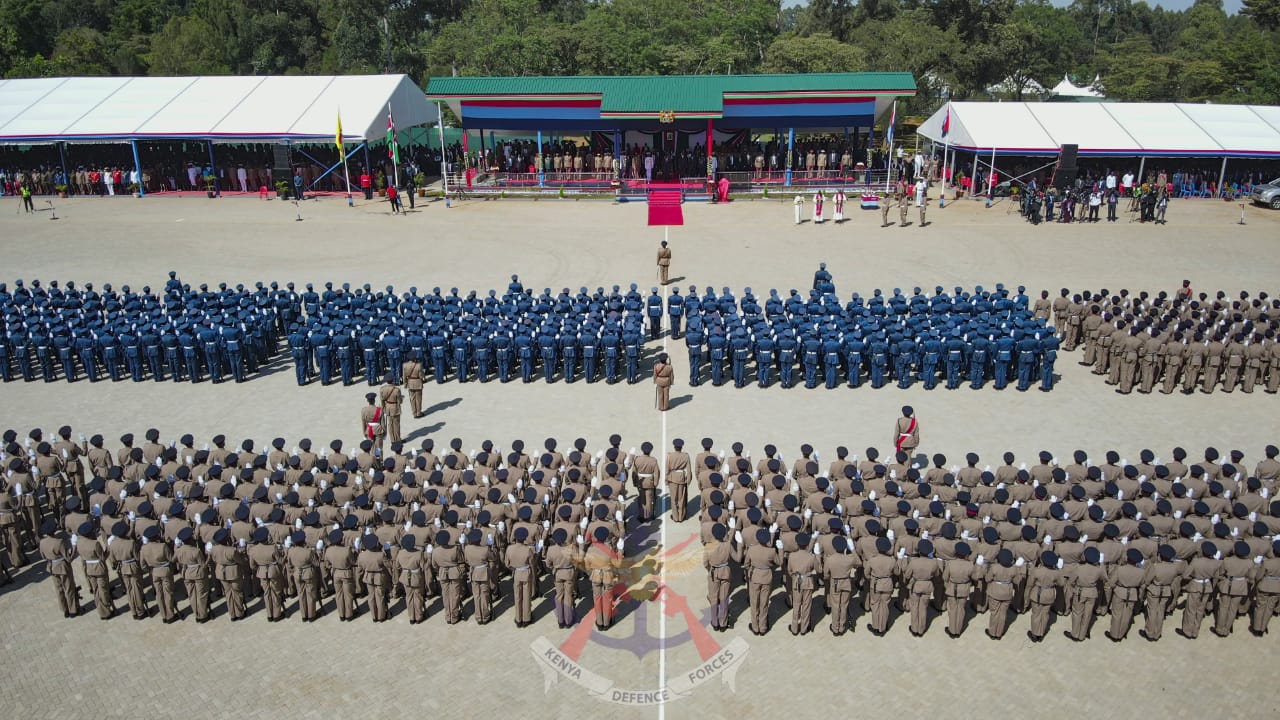 President William Ruto presides over the pass-out-parade of recruits at the Defence Forces Recruits Training School on May 15, 2024, in Eldoret, Uasin Gishu County. (Photo: PCS)
President William Ruto presides over the pass-out-parade of recruits at the Defence Forces Recruits Training School on May 15, 2024, in Eldoret, Uasin Gishu County. (Photo: PCS)KDF graduates
The rise of artificial intelligence, he said, has multiplied digital threats as individuals with hidden motives can now generate believable images and fake news using AI.
They can also execute sophisticated identity theft and generate a virtual replica to impersonate actual people to the point of causing harm and committing crimes.
“Aside from the victims of such harm, the persons whose identities are hijacked in this manner can get into all sorts of complicated problems. It is clear that just as the nature and causes of security threats traverse sectors, security policy and analysis must also be interdisciplinary. In other words, we must see the disciplinary landscape of security strategy as borderless,” Ruto encouraged the graduates.
“As we automate and digitise more, the implications of such vulnerability will amplify. We rely on digital technology to support many aspects of our lives, and denial-of-service attacks are risks that intensify our vulnerability in many ways, from our bank accounts to power supply, and life support to fake news reports,” Ruto added.
However, technology and more sophisticated advancements pose a significant challenge to the security apparatus, including developing sufficient offensive, defensive, and deterrent capabilities and deploying them effectively to achieve stipulated goals.
Kenya’s preparedness
Kenya, Ruto highlighted, is not only acquiring the technological capacity to confront complex present and emerging threats but also expanding its threat horizon and diversifying its surveillance mechanisms.
The military has continued to harness the power of community partnerships, digital technology, automation, and robotics.
It has also deployed its personnel in response to various emergencies, including ecological disasters, through a national afforestation and landscape restoration campaign aimed at mobilising the nation to plant 15 billion trees by 2032.
Meanwhile, this year's graduation marked the 26th graduation ceremony at the National Defence College in Karen, which offers the National Security and Strategy course.
Top Stories Today
